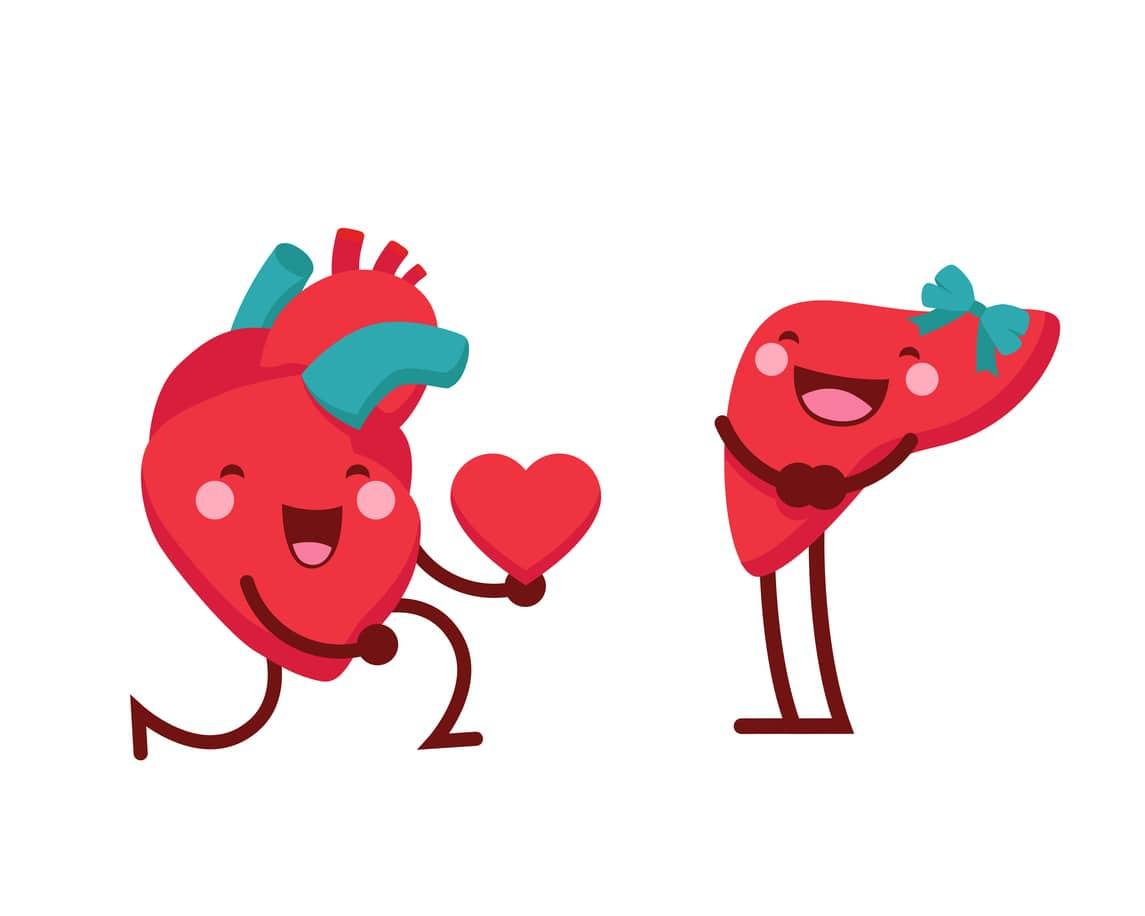
Fatty liver disease is often unsuspected until someone is diagnosed with advanced fatty liver disease, usually when signs of advanced disease are apparent. It will cause the liver to swell and become enlarged, but this is not always the case. Fatty liver disease can be complex for a physician to diagnose because fat cells have no nerve endings that would sense pain. Due to fatty cells not being sensitive to pain or temperature changes, it has been known as a "silent killer."
There are two types - alcoholic fatty liver and non-alcoholic fatty liver. Many people who drink excessively have it without knowing it, which puts them at serious risk for developing potentially life-threatening diseases such as cirrhosis. People who drink fatty alcoholic drinks such as beer, wine, or liquor are at higher risk for fatty liver disease than those who do not. Because of this association, it is sometimes called "beer belly" or "wine spritzer."
There are other causes for fatty liver besides alcohol use; however - obesity, elevated blood glucose levels, and high triglyceride levels can also cause fatty liver. There has been an increase in diseases since the mid-1990s due to obesity rates worldwide. This means that there has been a rise in fatty livers unrelated to alcohol consumption, including children.
It can be severely damaging if left untreated. Too much fat stored in the liver can lead to fatty liver disease and damage other organs such as the heart, kidneys, or pancreas. The fatty cells cause fatty liver by interfering with the proper functions of those cells, which could eventually lead to fatty build-up and inflammation. Today there are diagnostic tests to determine fatty livers and treatments, such as weight loss and medication.
Alcoholic fatty liver is reversible if the individual stops drinking alcohol for a specific time. The fatty cells are being replaced by healthy cells day-by-day as long as the patient does not consume any more alcohol after quitting.
Doctors have found that this process can take longer than expected due to stored fatty cells decaying within the organ, leading to further damage to surrounding tissue. There are tests available that doctors can run on patients with fatty livers to measure how much fat is stored in their livers or check if there are early signs of fatty liver disease.
Non-alcoholic fatty liver disease is the fatty liver that occurs in people who do not drink or smoke. This type of fatty liver is caused by obesity, high triglyceride levels, and elevated blood sugar levels. The fatty cells are sustained by eating foods with too many carbohydrates, including breakfast cereals, sweetened beverages, and white bread, leading to further weight gain due to the fatty cells storing energy.
Studies show that non-fatty livers were found among those who drank alcohol moderately. However, it has been proven that fatty livers may occur even without heavy drinking.
Fatty Liver Disease (FLD) is fast becoming one of the most diseases worldwide due to the rising prevalence of obesity and diabetes. This fatty liver disease may lead to cirrhosis, a debilitating condition that is often fatal. FLD can be detected by testing the fatty acids from fat deposits in the liver.
Other methods include taking an ultrasound or endoscopy of the patient's abdomen to look for fatty tissue or fatty livers. In people with diabetes, fatty livers should be closely monitored because the fatty liver disease will cause rapid damage to the liver within weeks, leading to cirrhosis.
Although it is still early days for fatty liver disease, there are various treatments available - a reduced-calorie diet combined with moderate exercise has been found to help reduce liver fat and improve insulin sensitivity in those who have this type of fatty liver disease. A doctor can prescribe medication for fatty liver disease.
The fatty accumulation within the fatty tissue will impact the individual's health, so it is important to seek medical advice if you experience any of these symptoms or are worried about your fatty liver. Weight loss, exercise, and dietary intake changes are known to reduce fatty livers.
